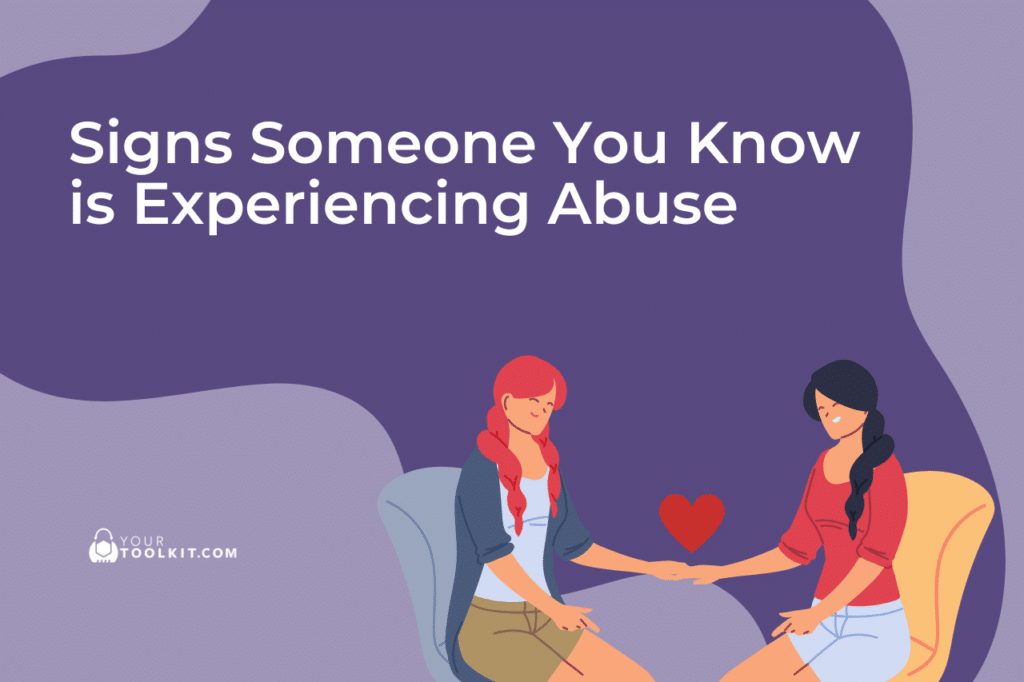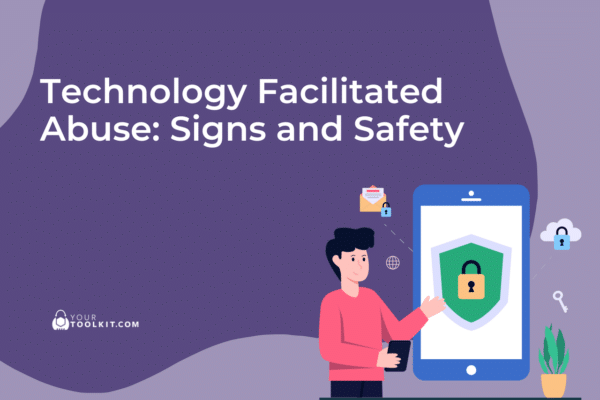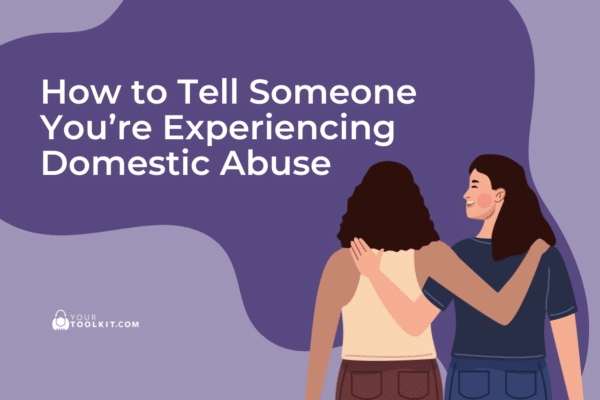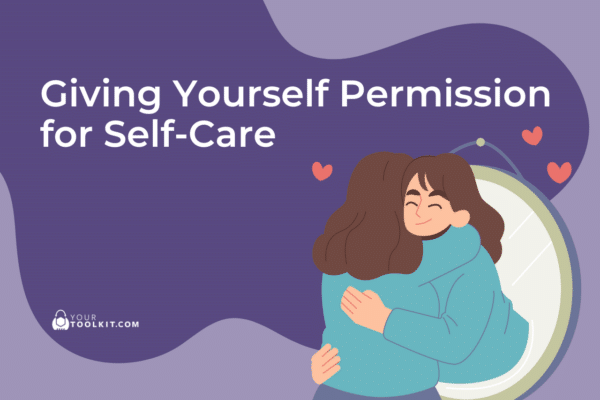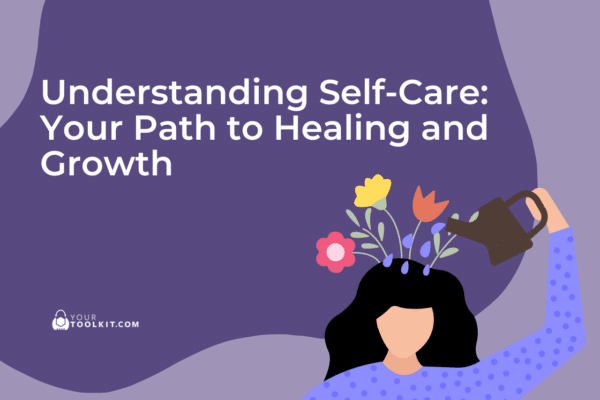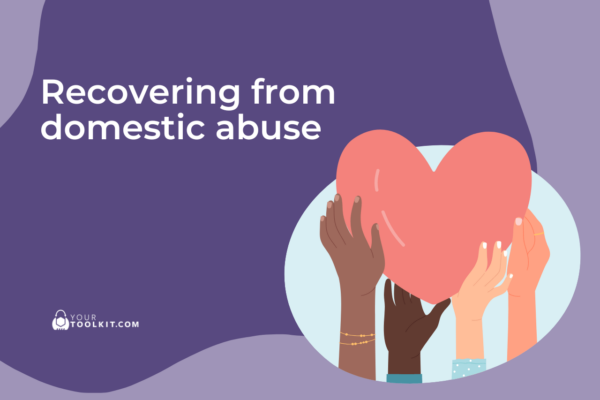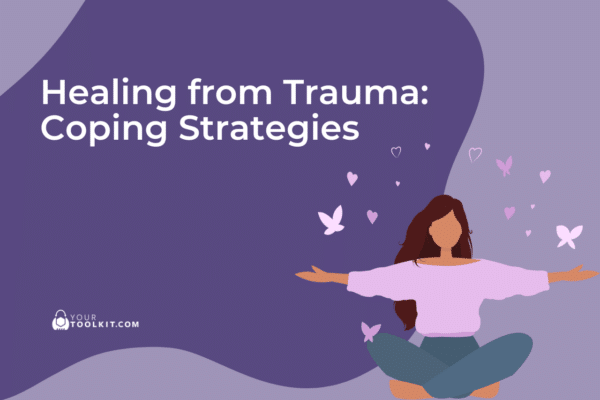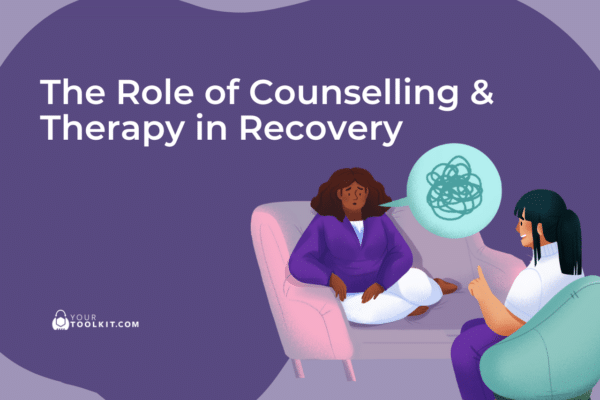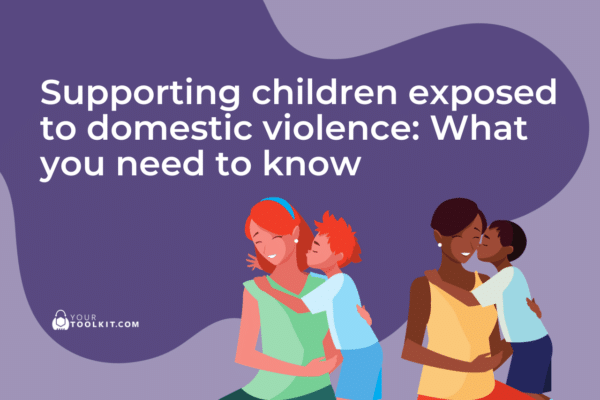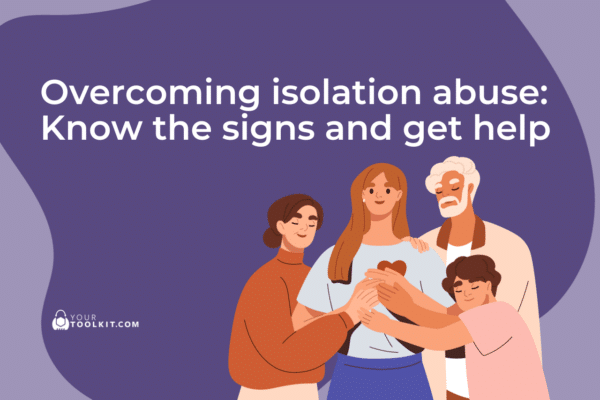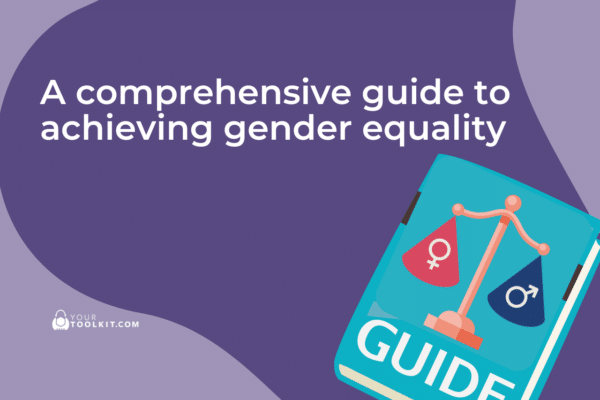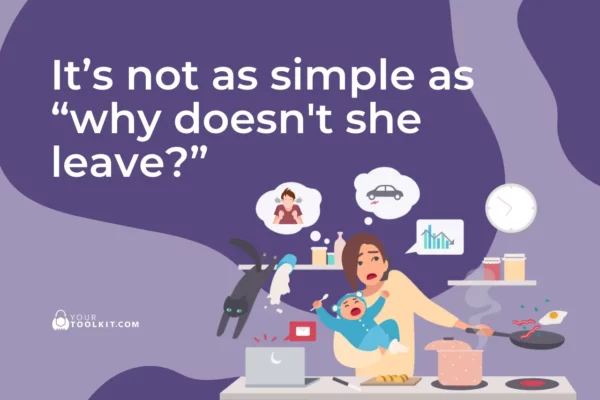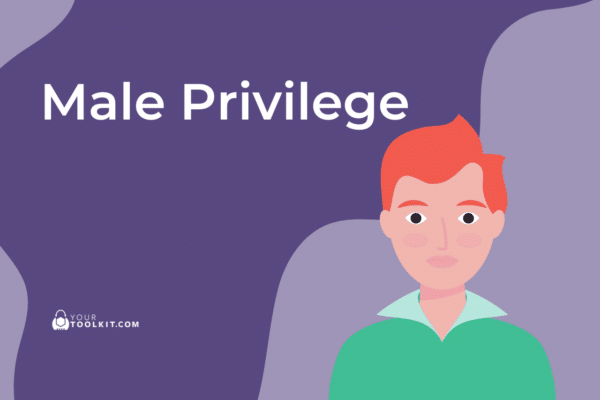Too often, victims of domestic violence suffer in silence, either through the control of their abuser or through feelings of shame, or fear, that forces them to mask their experience. However, close friends and family may notice an accumulation of signs over time that indicate abusive behaviour.
So, how do you identify if your friend is being abused, and what are some of the signs to look out for?
Signs someone is being abused
Your friend may be suffering domestic abuse if they:
- Seem to walk on eggshells around their partner and are anxious to comply with their expectations
- Have become increasingly isolated from you and other friends or family members
- Have become more anxious, quieter and less confident, or may be experiencing other symptoms of depression
- Have physical injuries and give unlikely explanations for them
- Begin to cancel appointments or activities that they would otherwise usually enjoy
- Only have access to money when their partner ‘allows’ it, or need to account to their partner for every dollar they spend
You may observe that their partner:
- Always wants to know exactly where their partner is, and who with
- Is controlling and makes all the decisions
- Is jealous, possessive and has a short temper
- Often criticises, humiliates or dismisses them in front of others
- Doesn’t allow their partner to be with others in private, or listens in to conversations
- Shows no concern for their safety
If you think that your friend or family member might be suffering domestic abuse try to create an open discussion with them. Avoid texting, and if you cannot physically be out of the presence of the abuser, set up a safe word to change the topic if they start listening in.
Your Toolkit contains information for women facing domestic violence about keeping safe, finding appropriate support and services, and personal money matters. Share Your Toolkit with your friend or family member, so they can be equipped with information to help them improve their situation.
